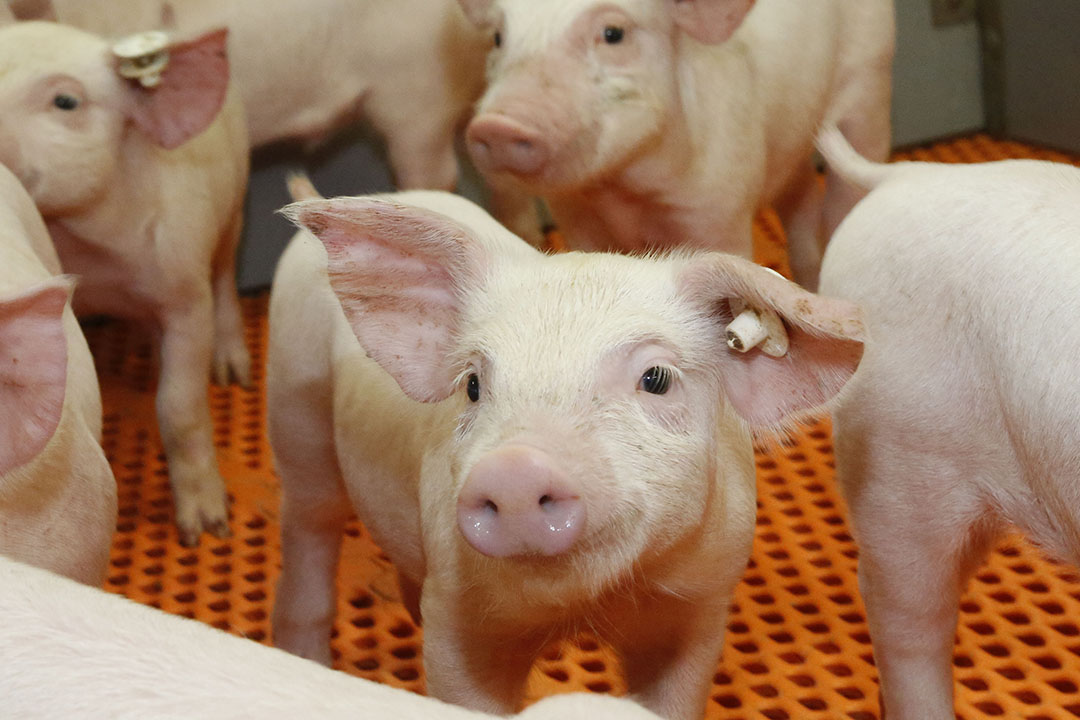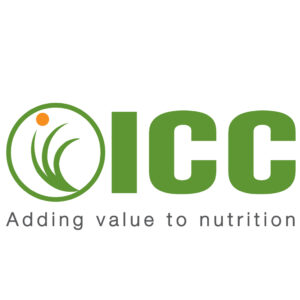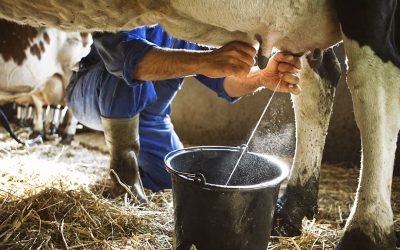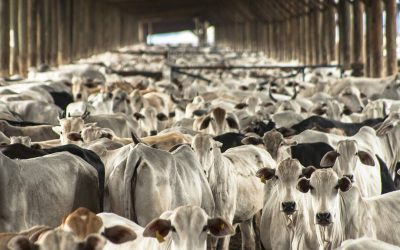Synergistic use of yeast-based products

Basic ingredients and dietary supplements such as Saccharomyces cerevisiae yeast can have functional properties in the diet and yield satisfactory results when added to feed as active cells (autolysed or hydrolysed) inactive cells or as cell wall components.
It is known that the fermentation environment that will provide the fundamental differences in the final product composition is more important than yeast strain. The strains used in sugarcane processing to obtain ethanol will result in a product with a higher β-glucans concentration. Yeast culture goes through numerous fermentation cycles, which makes cell wall denser, resulting in higher carbohydrate rates and lower fat content, making it less digestible in the gastrointestinal tract.
Natural and healthy products
With the restrictions imposed by regulations in Brazil and abroad, as well as the demand of the consumer market for natural and healthy products in animal feed, several alternatives have been tested and used in the animal industry. However, many factors are considered by producers to obtain the highest cost-effectiveness, such as the action of these compounds on animal metabolis.
Natural additives found on the market are capable of providing compounds that stimulate the body to respond more efficiently to the stressful stimuli imposed in the field. Among the options available, ImmunoWall and Hilyses stand out for being natural Saccharomyces cerevisiae yeast-based products, with no use restrictions to any animal species.
Compositon of ImmunoWall
ImmunoWall is composed of Saccharomyces cerevisiae cell wall and contains a high concentration of β-glucans (> 35%) and mannan-oligosaccharides, MOS (~ 20%). Due to the processing conditions to which cells are subjected, the wall becomes denser compared to other yeast cell walls on the market. This yeast cell wall structure is resistant to degradation by digestive tract enzymes and bacteria, and its resistance to digestion in the gastrointestinal tract and fermentation in the large intestine are one of the main criteria for its use as prebiotic. Prebiotics are considered excellent contributors to animal health because they stimulate the immune system and contribute to intestinal mucosa integrity, prevent adhesion of enteropathogenic microorganisms, and have the ability to bind and inactivate mycotoxins in the intestinal lumen.
Preventing pathogens from colonising
Mannan-oligosaccharide (MOS) is known for its ability to agglutinate pathogens. By providing a binding site for harmful bacteria present in the intestinal tract that have type 1 and 4 fimbriae, MOS prevents the colonisation of pathogens in the intestine. Since β-glucans are not digested, ‘trapped’ bacteria are excreted with faecal material. Importantly, to achieve full functionality, yeast cell walls must have low digestibility in the intestine. β-glucans constitute the indigestible portion of the yeast cell wall so that the higher its concentration, the lower yeast cell wall digestibility.
β-glucans are considered immunomodulators that improve immune response effectiveness and agility in animals. These polysaccharides are natural and effective stimulants of the innate immune system, and phagocytic cells, when in contact with β-glucans, are stimulated, producing cytokines. Cytokine production provokes a ‘chain reaction’, improving animal immunity and allowing the body to fight opportunistic infections. One of these immune system reactions is the increased number of goblet cells responsible for mucus production. With increased mucus production and release in the intestinal lumen, the mucosa (villus protection barrier and the medium that allows the action of various enzymes) increases, providing greater protection to intestinal cells and villi.
Supporting metabolic processes
Dietary nucleotide supplementation has been studied in several species, and although not considered essential nutrients, these additives play an important role in various metabolic processes and, in particular, in some body tissues and stages of animal life characterised by very high energetic demand due to high cell multiplication.
Free nucleosides and nucleotides can be immediately absorbed by enterocytes in the intestine, and are especially important for rapidly multiplying tissues and due to limited de novo synthesis (major nucleotide production pathway), such as intestinal epithelial cells, blood cells, hepatocytes and cells of the immune system. And this occurs especially in animals undergoing fast-growing stages (early stages), reproduction, stress, and challenges.
The benefits of supplementing feed with Hilyses
Hilyses is a great natural choice of exogenous free nucleosides and nucleotides, obtained through the processing of Saccharomyces cerevisiae yeast used in the fermentation of sugarcane to obtain ethanol. The process consists of cell autolysis (cell membrane rupture), where intracellular content is extravasated, and after this process, some specific enzymes are inserted for hydrolysis (‘breakdown’) of RNA into nucleotides and nucleosides (which form the nitrogenous bases of the structure). This end product is highly digestible as it contains amino acids, peptides, and short-chain polypeptides and glutamine, and is highly recommended for animal nutrition. It also contains mannan-oligosaccharides (MOS, an effective tool against Salmonella and E. coli.) and high levels of β-glucans (immunomodulators that stimulate the innate immune system for a faster and more effective response).
Supplementing diets with natural additives that provide support for animals to better respond to the challenges posed by the field is fundamental in farming systems. ImmunoWall and Hilyses act as prophylactic agents, increasing animal resistance, minimising contamination and high mortality rates, and improving weight gain and health. In highly challenging environments, such as in intensive animal production, strengthening the immune system is crucial for greater productivity gains.
Synergistic indication of the 2 products:
- Broiler chickens: The use of Hilyses in the pre-starter diet is indicated, followed by ImmunoWall until slaughter.
- Laying hens: Hilyses is indicated during the first 3 up to the pre-laying period. During the laying period, the use of ImmunoWall is indicated.
- Chickens used for reproduction: Hilyses is indicated during the first 3 weeks until the pre-laying period. As early as the laying period, if the goal is to seek improvements in egg production and incubation parameters, improved chick quality, and reduced mortality during the first week (progeny effect), we recommend the use of Hilyses. However, if improvements in immune system responses and pathogen control are sought, then we recommend using ImmunoWall.
- Piglets: The use of Hilyses is recommended in the nursery phase as a functional ingredient, seeking immune system strengthening, pathogen control, mortality reduction, and improved growth. During this phase, it is also possible to include Hilyses as a protein and amino acid source ingredient, formulating in the diet, and substituting a protein source. During the growth and termination phase, the use of ImmunoWall is recommended for pathogen control and immune enhancement due to challenges.
- Sows: The use of Hilyses is indicated during pregnancy and lactation – seeking transfer of benefits to piglets (passive immunity, nutrients, nucleotides) – especially reduced mortality during the lactation phase.






